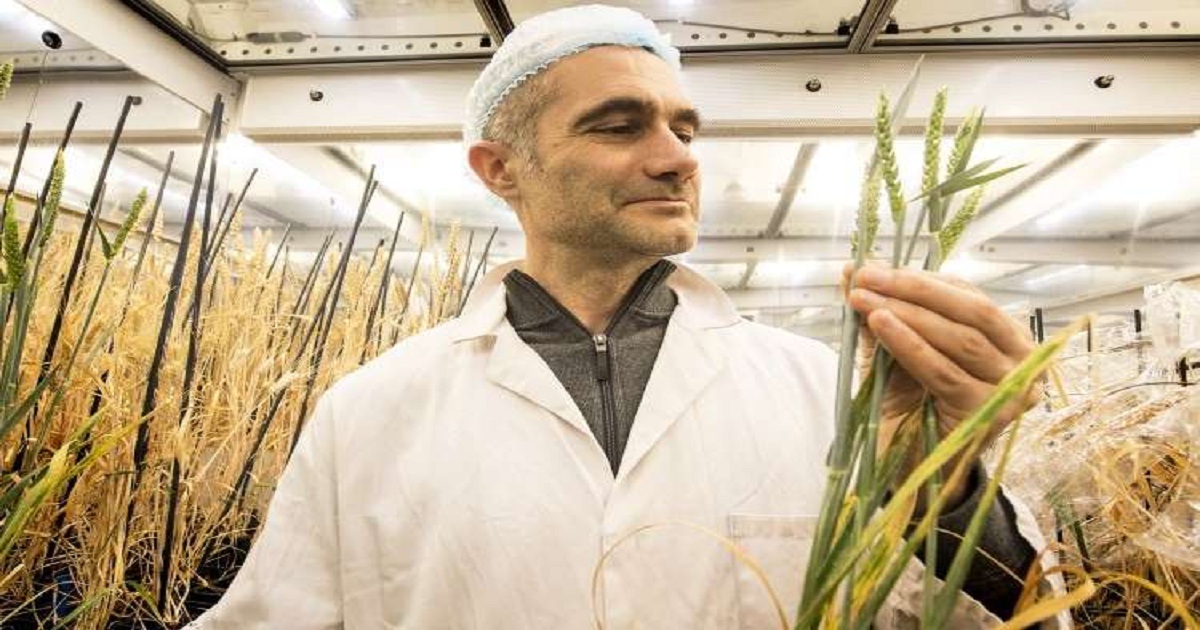Pioneering new technology set to accelerate the global quest for crop improvement

Speed breeding technique sows seeds of new green revolution. Pioneering new technology is set to accelerate the global quest for crop improvement in a development which echoes the Green Revolution of the post war period. The speed breeding platform developed by teams at the John Innes Centre, University of Queensland and University of Sydney, uses a glasshouse or an artificial environment with enhanced lighting to create intense day-long regimes to speed up the search for better performing crops. Using the technique, the team has achieved wheat generation from seed to seed in just 8 weeks. These results appear today in Nature Plants. This means that it is now possible to grow as many as 6 generations of wheat every year - a threefold increase on the shuttle-breeding techniques currently used by breeders and researchers. Dr Brande Wulff of the John Innes Centre, Norwich, a lead author on the paper, explains why speed is of the essence:"Globally, we face a huge challenge in breeding higher yielding and more resilient crops. Being able to cycle through more generations in less time will allow us to more rapidly create and test genetic combinations, looking for the best combinations for different environments.